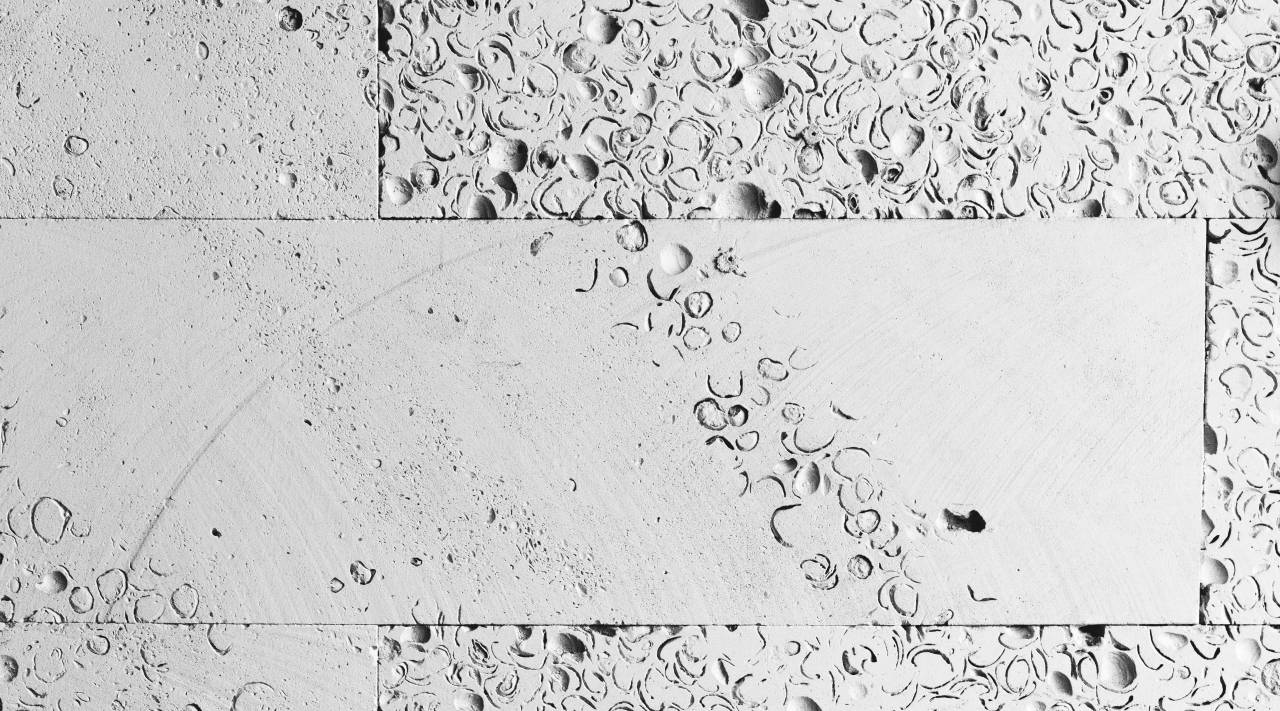
Ukraine
Capital city — Kyiv
Country population
Incarceration rate (per 100,000 inhabit…
Type of government
Human Development Index
i2016/ UNDPName of authority in charge of the pris…
Total number of prisoners
Prison density
Total number of prison facilities
An NPM has been established
Yescreated in 2012
Female prisoners
Incarcerated minors
Percentage of untried prisoners
Death penalty is abolished
Yessince 2000
Contact with the outside world
Following the legislative reform in September 2013, all convicted persons, including life sentenced prisoners, enjoy the same visitation rights. It corresponds to a short visit (up to four hours per month) and a long-term visit (up to three days) every three months. The short term visits are available for all prisoners. They take place in the presence of an employee of the colony. Long-term visits are only authorised for close family. The use of a room for visits must be paid for by the prisoner, his relatives or other persons.
Prisoners in pre-trial facilities are not allowed to send emails or use a phone.
Prisoners have the right to send and receive letters and parcels at their own expense. The amount is not limited. Sending letters to someone other than a relative is subject to special authorisation. Letters must be unsealed and dropped in boxes provided for this purpose. They are then controlled by the prison staff.
Relatives have the right to send books and newspapers to the prisoners.
Prisoners have the right to call their relatives from the phones provided by the institution. They have to pay for the conversation. Mobile phones are prohibited. The rules for access to telephone calls are defined by each prison.
Prisoners must pay to use the internet. The Ombudsman’s 2017 report underlines that the internet access is limited, especially in settlements 6, 82 and 56.
Conditional release may be granted if the prisoner has served half of the sentence for less serious offenses. For the most serious crimes, the prisoner must have served three-quarters of his sentence.
The UN High Commissioner for Human Rights (OHCHR) observed that several prisoners detained in the conflict between the pro government and pro Russian forces have been denied their legal rights. In particular, the right to contact a lawyer and to prepare his defence in appropriate premises and time.
The Additional Protocol to the UN Convention against Torture (OPCAT) was signed on September 2005 and ratified on 19th of September 2006. The Commissioner for Human Rights was appointed on 2nd of October 2012 as head of the National Prevention Mechanism (NMP). Mrs. Valeria Lutkovska currently holds this position.
A specific NMP unit is also created. It is an “Ombudsman +” system that is implemented through representatives of NGOs participating in prison monitoring. This specific unit works with them, together with the NPM Implementation Expert Council and independent observers.
The NPM depends on the Secretariat of the Commissioner for Human Rights. Its 33 officers are divided into six divisions: police and security, penal institutions, migration, border control and defence of institutions, children’s institutions, psychiatric institutions and the elderly, and cells in courts.
The UN Human Rights Committee highlighted in July 2013, the lack of financial and human resources of the NPM. In 2014, 152 visits were made to places of detention. Reports are made public. The NMP is considered independent by the Helsinki Union of Human Rights in Ukraine.
Complaints can be sent by:
- Mail: 21/8, Instytutska street, 01008, Kyiv Ukraine
- Email: [email protected]
- Phone: + 38-044-253-75-89
Testimonies provided by Ukraine withtout torture thanks to NPM visits.¶
- Correctional Facility 129 (Uman, Cherkasy oblast), information from 03.06.17.
This colony is reserved for women sentenced to prison for the first time. Monitors found out that the administration covered up abuses.
Women who violated the regime of detention or refused to work were denied the right to use the Internet, to buy at the prison store and to make phone calls.
Prisoners reported the impossibility of writing any complaints to law enforcement organisations regarding the violation of their rights. All mails are reviewed by the administration to identify the complainants, who are later subjected to various punishments.
Monitors also detected fenced off space about the size of 2.25m², so-called “storage inventory areas”. According to the prisoners, this place is used to punish those who did not respect internal rules. Prisoners complain that the prison shop does not meet their needs, especially concerning women’s hygiene products.
- Zhytomyr penal colony 4, information from 31.05.17.
Violations of prisoner’s rights previously identified by the monitors of the NPM were not corrected.
Prisoners cannot open the windows to get fresh air in the isolation rooms. There is not enough natural and artificial lighting. The plumbing is out of date. Cells do not include drinkable water, although this was already observed during the previous inspection.
The monitoring group found out that a prisoner spent about 24 hours in an isolation chamber without being recorded by the administration.
Prisoners’ labour rights are being violated. There are no fixed-term employment contracts. Prisoners are not given information about their earnings. They are not provided with overalls.
Monitors observed the unsatisfactory level of emergency medical care. There is a lack of theoretical knowledge and practical skills of the on-duty paramedic, as well as a lack of appropriate medical equipment. Contrary to the established qualification requirements, an addiction specialist and a psychiatrist carry out the diagnosis and treatment of patients suffering infectious diseases. The medical unit premises show signs of permanent dwelling. The medical unit representatives could not provide explanations regarding the reasons of this use.